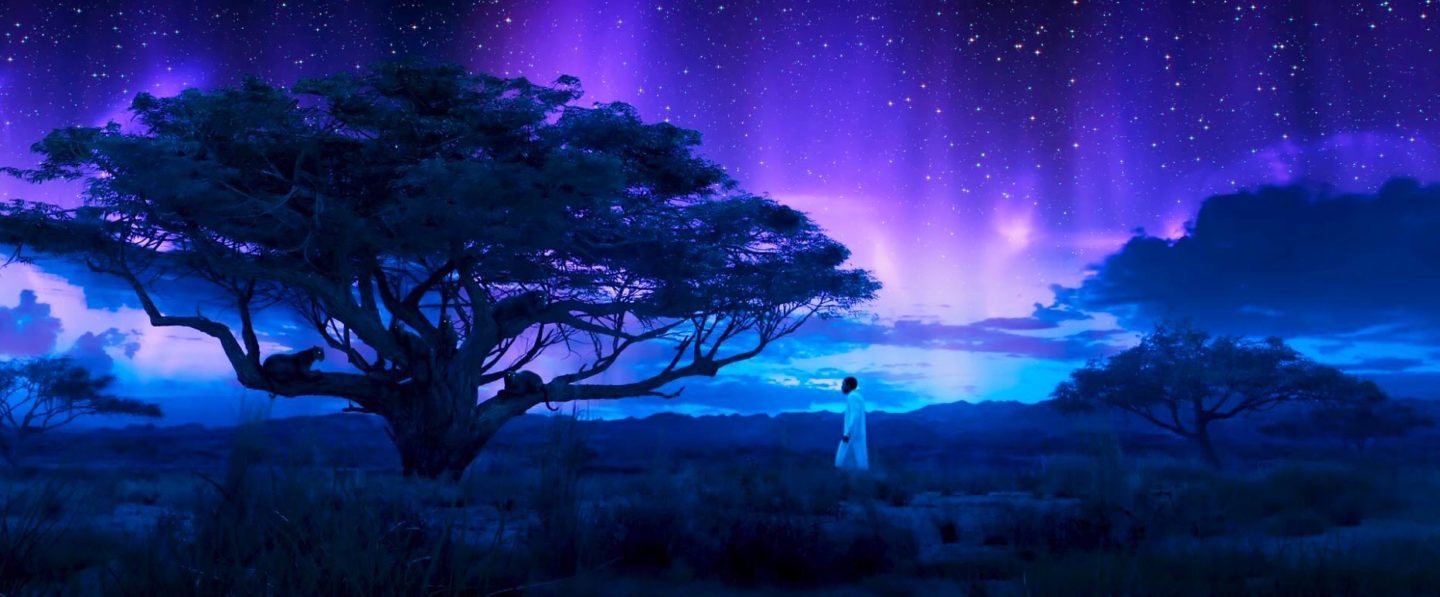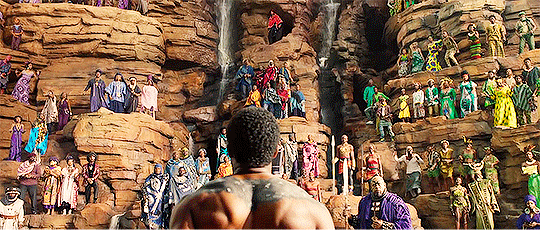
Like many people this week, I am struggling to process the unexpected passing of Chadwick Boseman. While reflecting on his career, I find solace in the groundbreaking impact made by his work as the Black Panther.
When winning the 2019 top film prize at the SAG Awards for Black Panther, Boseman gave a brilliant speech about the film’s impact. His speech reflected on the quote “to be young, gifted and Black.”
Coined by American Playwright Lorraine Hansberry and popularized by Nina Simone in 1969, the notion still rings true today.
A Seat At The Table
In Boseman’s speech, he discusses a feeling many of us have experienced. When we’re told there’s no space for us to be seen or talents acknowledged despite our gifts’ abundance. He also discussed how that feeling weighed on the cast as they created a film they knew would make history.
Sadly, it’s rare for Black people to be represented on screen unless the stories told are of pain. However, with Ryan Coogler’s incredible vision, Boseman was able to create a world of light, love, power, and hope.
For the first time in my life, I experienced pure, unadulterated Black joy, it was shared globally, and it was beautiful.
Unconsciously, I was so accustomed to minimizing myself and my interests around white people to make them feel more comfortable. I was so used to making myself more palatable that I forgot how Black unity felt. Thankfully, this movie’s release and the outpouring of support it received made that self-inflicted silence seem like a ridiculous concept.
From the matching dashikis to the Coming to America cosplay being worn to theatres for the month after release, I have genuinely never seen Black people so excited to be represented on screen.
Black Panther’s country of Wakanda brought us a world where anything was possible and our stories were valued. Success wasn’t distributed based on where you landed on the paper bag test but off merit. With the beauty and abundance of Wakanda, Boseman gave us the king of our imagined future.

White capitalism finally saw the monetary value of our talents
Wakanda may be fictional, but that world created urgency for black voices in our western society. The months that followed Black Panther introduced me to some of my favourite writers, filmmakers, podcasters, and stylists.
For a moment in time, Black popular culture was mass culture. The media world finally needed to hire Black voices to decode our interests and experiences for their audiences. It was finally acceptable for Black people to enjoy Black culture, publicly.
As a writer who had just graduated from her undergrad at the time, this increase of Black writers, especially women, inspired me to start this blog. Reading these women’s words changed the trajectory of my career and encouraged me to dream bigger.
Boseman’s lessons
It’s no secret that 2020 has felt like some hellish punishment, especially for Black people. We’re going through a pandemic, racial uprising, recession, and losing Black leaders faster than we can mourn them. We are exhausted.
For myself, this year often feels like something I need to escape. As if existing quietly and in the shadows is the only way I’ll make it to 2021 in one piece. However, with Boseman’s passing, I keep watching the Howard Commencement address he gave at his alma mater in 2018. Thinking about my purpose within our current purgatory.
In his speech, Boseman says that purpose crosses all disciplines to become an essential element of our being.
“It is the reason you are on the planet at this particular time in history. Your very existence is wrapped up in the things you are here to fulfill.”
– Chadwick Boseman
Boseman’s purpose was clear. Every role he took was to uplift Black people and to tell our stories. With the short time he had on Earth, Boseman lived with intent. Everything he created was for the culture. He lived with exceptional kindness and grace.
If I have learned anything from his legacy, it’s that your success isn’t dependant on making white people comfortable, and even in times of duress, we all have a purpose.
I hope that we take the rest of 2020, as hellish as it may be, to live intently and find our purpose.